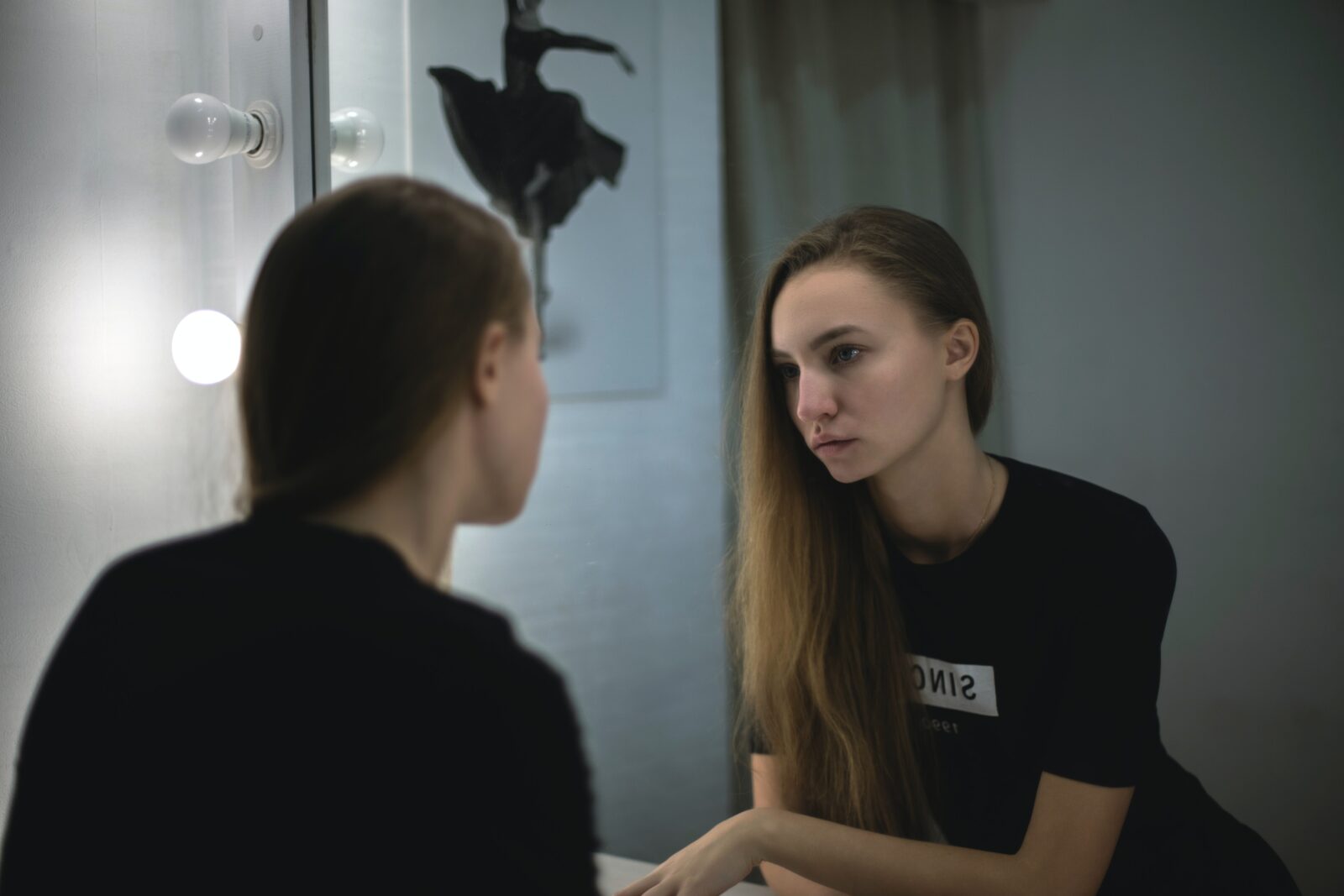How is our breath infinite inside of us? We’re born with that breath, and with that breath, we make a sound. We spent a lot of time talking about how our voices carry in parenting. One of the things that he was talking about was the discussion of when parents are arguing or voices are raised. The role modeling that we’re giving the kids when they’re solving their own conflicts as well as how we teach them that as we raise our voice, it gets a different reaction just as if we don’t have a voice. If we are teaching our kids to have a voice, what does that mean to them? It’s more than just the tonality; it’s teaching them to have a voice to speak up for what’s right for them. It’s teaching them to know when it’s the right time to have that voice.
We used to say a lot like use your inside voice. What does that mean? What is an inside voice versus an outside voice? Outside, we hear these kids laughing and playing and yelling, and then when they come inside and they’re doing the same thing, that goes inside. A lot’s going on inside and causing a lot of chaos and commotion. In the past, I always told my kids to use their inside voices. We hear teachers saying it the same way. It still comes in that voice, like, what is the voice and the tonality that we’re using? It’s not like we’re born and we’re like, “Oh, I’m going to start yelling at my kids, and that’s how I’m going to get them to listen to me.” However, when we are raised with someone that’s yelling and raising their voice, we’re triggered by things like, “I listened to my mom when she yelled at me because I didn’t want to get yelled at,” or “I didn’t want to get in trouble.” So in turn, we grow up thinking that’s what we need to do—we need to raise our voice in order to be heard.
Another reason we raise our voices is because we sometimes want the inflection on it. One of the things that Dr. Voice was talking about on my show was that tonality can be a single instrument, like a baritone, which is very monotone, but what if our voice was more colorful? How do we get our voice to be a full orchestra where there are highs and lows? And he even gave this exercise: take a deep breath in, and then, as you release that breath, you hear the richness. He says to feel your voice and to hear your voice. It was interesting because when he said, “Listen to your own voice,” I was thinking that sometimes when I listen to my own recordings, I’m like, “Do I really sound like that?” but that’s not what he’s talking about. When we take that breath and we talk into that breath as we release it and we really hear the words that we’re saying, when we’re talking, the impact that we can have is when we’re feeling it ourselves. Imagine what other people are feeling if we’re already feeling our words and our voice.
It was so interesting to think about the fact that we are born; that’s the first thing that we know that we’re alive. We take that breath, and we let out this big scream as a child, so we know that we’re alive, that it’s like our breath is our life. And then, how do we know when our lives are over? When we take that last breath. It all comes down to the breath, and our tonality and our voice range also come from the breath. So when we’re talking to our children and we’re using that specific tonality, it’s to be mindful of what we are demonstrating to them as the right tonality to listen, to feel what we’re saying versus constantly yelling at them to get it done. We sit and talk to them; we show up for them. Like my guest Carolina Behr said last week, we just need to show up for our kids and stop rewarding them and giving them consequences.
I think, in turn, we play with the voice that we use with our children, the tonality that comes out in us towards them, because then they start to mock it too. I even used that example. What I was talking about at the beginning of this was when two people argue, like if I’m arguing with my husband and the kids know that we love each other. The kids know that we resolve things, but they hear us maybe arguing; we raise our voice, and all of a sudden we hear them arguing and raising their voices in all their conflict. Where did they get that? They got it from modeling, from realizing that you can love someone and argue to get a conflict resolved. It’s not too late to start to change and practice, and that’s what Dr. Voice was saying—it’s a practice every day to be cautious.
When you are saying something to your child, take that breath in and then talk into the breath to the child. If you notice and you watch the show, you’ll hear the difference when he talks, and maybe you’re even hearing it differently when I speak. You can see the difference when I take that breath in and when I release it with the tonality of my voice. It’s richer, and it feels differently. So we can start to reshape our children in the tonality that they use because how many of us say, “Oh, our kids have an attitude.” I know I say it a lot, you know, but what is that attitude? A lot of the time, the attitude comes from defensiveness—the feeling that I have to protect because you’re blaming me. I have to protect myself because you’re not hearing me the way I need you to. I’m trying to defend myself, so maybe you will hear me the way I need you to hear me rather than the way you want to hear me.
I’m going to say that again: they want us to hear them the way they want us to hear us, not the way we think we want to hear them. It all comes down to one thing: the tonality. The tonality that we share with our kids, the tonality that we share with others The basis of our communication is our voice. The voice is more than just the tonality; it’s the breath of our voice. It’s having a voice, having a voice to stick up for yourself and say something. Stick up for a belief you have and say something. When you do that, when you take that breath in and you talk in with the breath, it’s also a sense of confidence that you feel inside yourself. It’s almost like, “Yeah, I got this.” It’s that confidence in knowing what you’re saying at that moment. It’s that connection with your heart, your mind, and your soul, and it all starts with the breath.
Listen to the full episode here:
For more parenting content, visit my YouTube channel:

